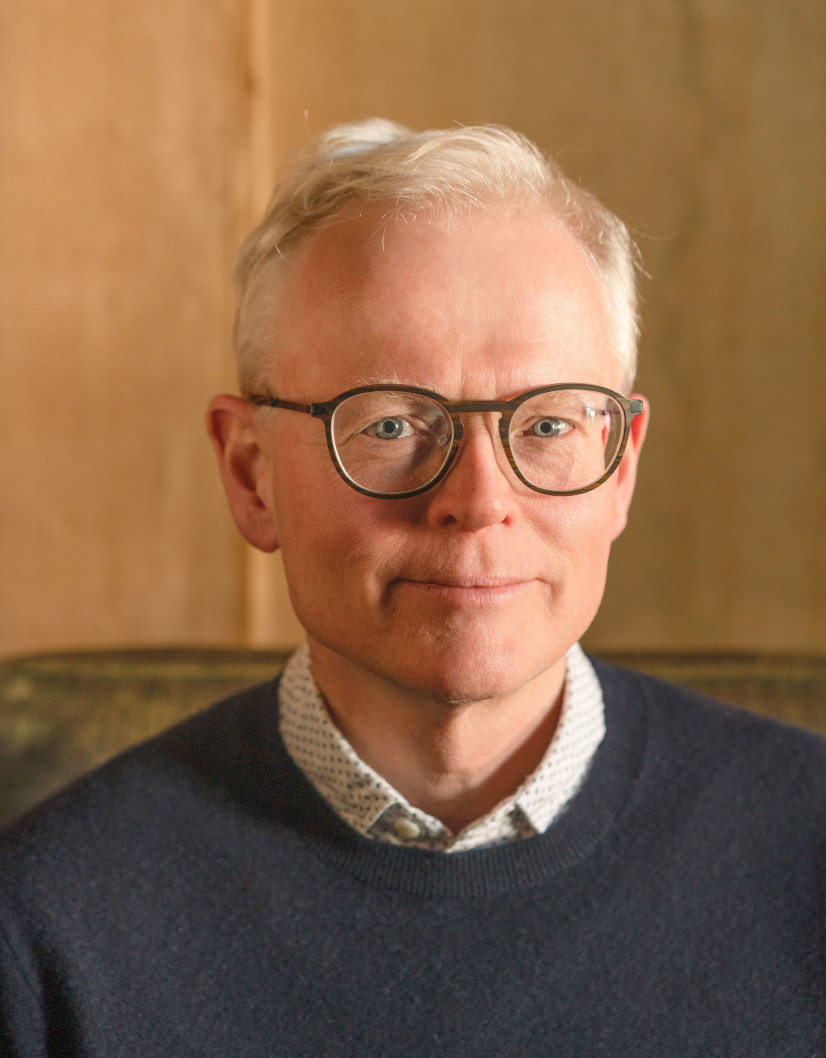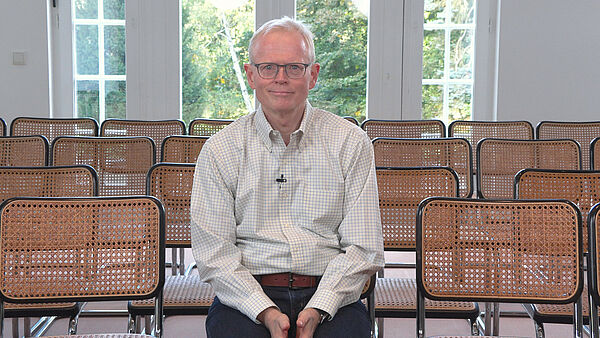
Ian Johnson
Senior Fellow for China Studies
Council on Foreign Relations, New York
Born in 1962 in Montreal, Canada
BA in Journalism and Asian Studies from the University of Florida, MA in Sinology from the Freie Universität Berlin
Project
China’s New Civil Religion: A New Pillar or a New Challenge for Neo-Authoritarian Rule?
The Chinese Communist Party maintains control over society through hard-edged policies, such as a burgeoning police state and legalistic harassment of opponents. But, increasingly, it seeks to use more subtle means, such as positioning itself as a defender of the so-called traditional faiths in China: Buddhism, Taoism, and folk beliefs. This is an especially attractive idea for many Chinese, given the spiritual vacuum that they ascribe to decades of fast economic growth. The state’s response is to refurbish temples and reassert control over grassroots religious associations that once operated autonomously, but increasingly are under state control.My research seeks to answer two sets of questions. One is how the Chinese Communist Party will rule China in the coming decades. To date, the Chinese state has proven adept at filling the role of a “development dictatorship.” But other than claiming credit for China’s growing economic and military power, it has offered few positive visions for China. Can faith and religion fill such a role, or does the state risk creating civil society-like independent centers of power, such as existed in parts of Eastern Europe during the Cold War? More broadly, is this strategy viable? The other questions relate to how grassroots Chinese religious associations themselves respond to the state’s overture. Do they welcome state support or does it risk tainting their spiritual supports? If they resist, do they risk government harassment?
The outcome of my project will be a 100,000-word monograph based on ten years of ethnographic fieldwork among working-class religious associations, as well as comparisons with other authoritarian states with similar strategies, such as Russia and Myanmar.
Recommended Reading
Johnson, Ian. Wild Grass: Three Stories of Change in Modern China. New York: Pantheon, 2004.
–. The Souls of China: The Return of Religion after Mao. New York: Pantheon, 2017.
–. Sparks: China’s Underground Historians and Their Battle for the Future. New York: Oxford University Press, 2023.
Colloquium, 29.10.2024
The Mysterious Peak: State and Religion in Post-Reform China
Media reports abound about crackdowns on religion in China – Muslims forced to renounce key tenets of their faith, Christian communities closed, and Tibetan Buddhists not able to worship freely. All of these headlines are accurate but they miss another, arguably more important side of life in China today: the state’s effort to support what it considers to be traditional faiths (especially Han Buddhism, Taoism, and folk religion) and use them to bolster its legitimacy. Similar to how Putin’s Russia uses Orthodox Christianity to rule, China’s Communist Party is cloaking itself in the mantle of faith to justify its rule.
My talk will focus on how to approach this issue. One would be the way I just described in the above paragraph – from a policy, possibly geopolitical perspective that could explain why the Communist Party has a crisis of legitimacy and how religion can help solve this problem, as well as the ramifications at home and abroad.
However, I want to present a different way of understanding this issue by focusing on some of the people affected. Specifically, I want to show the lives of working-class religious groups in the greater Beijing area who have been courted by the state, with varying results. For more than ten years, I was a participant observer in these groups lives. I joined two of them and spent thousands of hours in their meetings, and activities. I participated in ten pilgrimages of up to 15 days at a time, lived on the mountain where the pilgrimage is centered, learned martial arts, and performed in the temple. Through this granular view of these groups, I hope to provide a more nuanced look at government policy and how it affects ordinary people – perhaps not only in the religious sphere but in other parts of Chinese society as well.
As this is a work in progress, I invite the audience to treat my ideas critically and offer feedback.
Publications from the Fellow Library
Johnson, Ian (London, 2024)
Sparks : China's Underground Historians and Their Battle for the Future
Johnson, Ian (Cambridge, Massachusetts, 2022)
The China questions 2 : critical insights into US - China relations The China questions
Johnson, Ian (London, 2021)
Wild grass : China's revolution from below
Johnson, Ian (New York, NY, 2021)
Chinese Medicine in the covid eards
Johnson, Ian ([London], 2018)
The souls of China : the return of religion after Mao
Johnson, Ian (Stuttgart, 2011)
Die vierte Moschee : Nazis, CIA und der islamische Fundamentalismus A mosque in Munich <dt.>
Köpfe und Ideen 2025
“There is a sense of malaise in China”
Ian Johnson in an interview with Leonardo Pape

